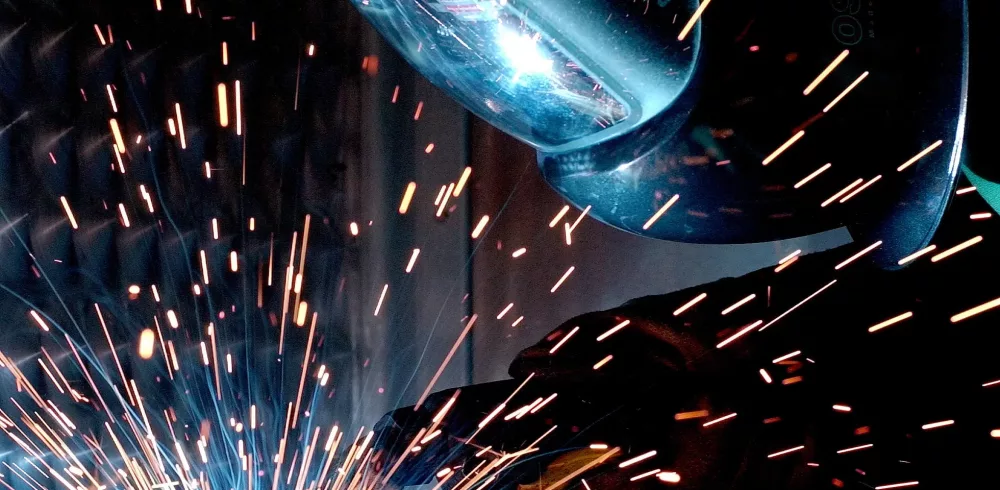Post Brexit Britain is a place that is scary for many, people are in fear of what will affect them and to what extent, or if it will affect them at all. In terms of manufacturing and engineering, there are the positives, the negatives and still the unknown…
An obvious impact of the referendum is the sterlings rapid depreciation against other currencies. This in fact makes exports cheaper, so buying British goods becomes more attractive to foreign purchases who suddenly realise their currency will go a lot further than in previous years. Essentially this might mean we are giving other countries a bargain when we can’t really afford too, but this will give Britain a short term boost for the internal market. Manufacturers are becoming more likely to source components for products domestically, as buying from abroad becomes a little more expensive. Sourcing components from local manufacturers means cars can claim back the old-Made in Britain statement which could lead to interest from companies abroad in the long run.
Since the financial crisis and dark days of 2008, production seems to have declined slowly since the all time record set in 1972. Now, new technology, models and investments, even new company owners are aiming to put this depressing trend in reverse! There have been predictions that the UK could speed past the previous record and hit 2m for the first time in the next three years. That’s exciting news for all, with approximately 160,000 people employed in the vehicle manufacturing business and a total of 800,000 across the wider industry it certainly seems that Britain’s car industry is in high gear, although this was also the case before brexit, with most manufacturers voting remain, so there is some obvious remaining concern.
Brexit present unprecedented opportunities that will increase trade deals that are of benefit to both the UK and foreign partners. There are already steady reports in gains of revenue and profit as we approach mid 2017. The result was unexpected for the business and people are still trying to get their head around the change, the main disadvantage to the industry being the time it takes to negotiate new sales strategies to the rest of the world outside of the brexit drama.
The Royal Academy of Engineering has revealed a heavyweight analysis of both the threats and opportunities the referendum has brought with it, which include the need to maintain a supply of skilled labourers. Those in the industry are aware this is a critical time for Britain’s engineering sector with plans for a new industrial strategy being announced after the referendum took place, people are in high indications that the government realises how important engineering and manufacturing are to the overall economy. Making up approximately 10% of the UK’s economy and contributing approximately 280bn gross added value (which leads to about 20% in total) means these two industries must not be overlooked for Brexit to be a success.
The Academy has warned a lack of skilled staff in the UK is trumping their other concerns and are determined more time and money should go into the encouragement of young people to follow in the field. Hiring people from all over the world, not just Europe needs to be made easier to fill the void of skills that Britain seem to suffering from. This is putting politicians in a difficult spot of trying to satisfy voters desires to control immigration but simultaneously support the crucial engineering sector who need more variety of staff, skills and knowledge.
It appears that Brexit can have many positive advancements for both the manufacturing and engineering trades, but in order for those benefits to become clear the industries need to work on the issues that remained before the referendum. The new wave of manufacturing and engineering will be able to come forward and be bigger and better than ever, predictions for the next half decade are very exciting and the industries need to remain positive in times of uncertainty and continue doing what they do best.
Manufacturing & Engineering Magazine | The Home of Manufacturing Industry News













